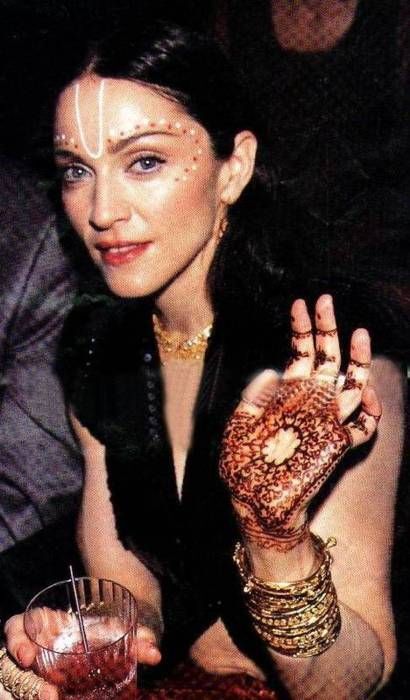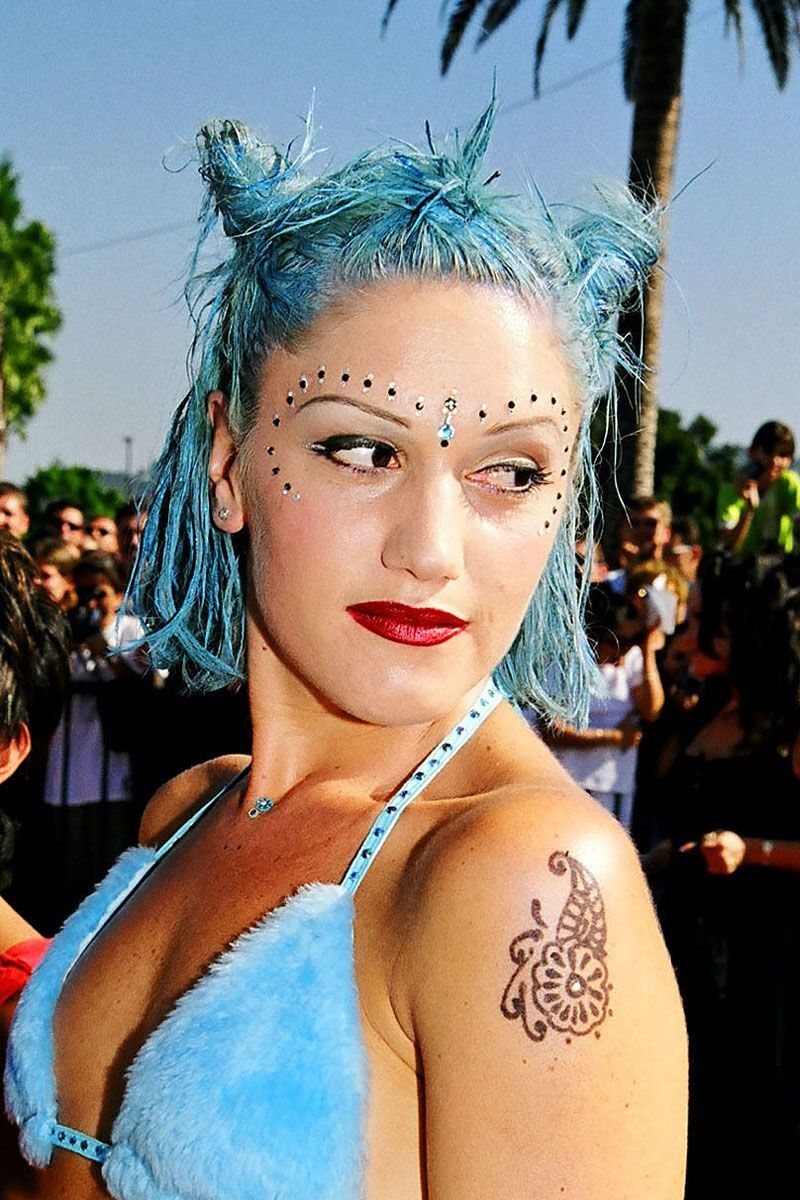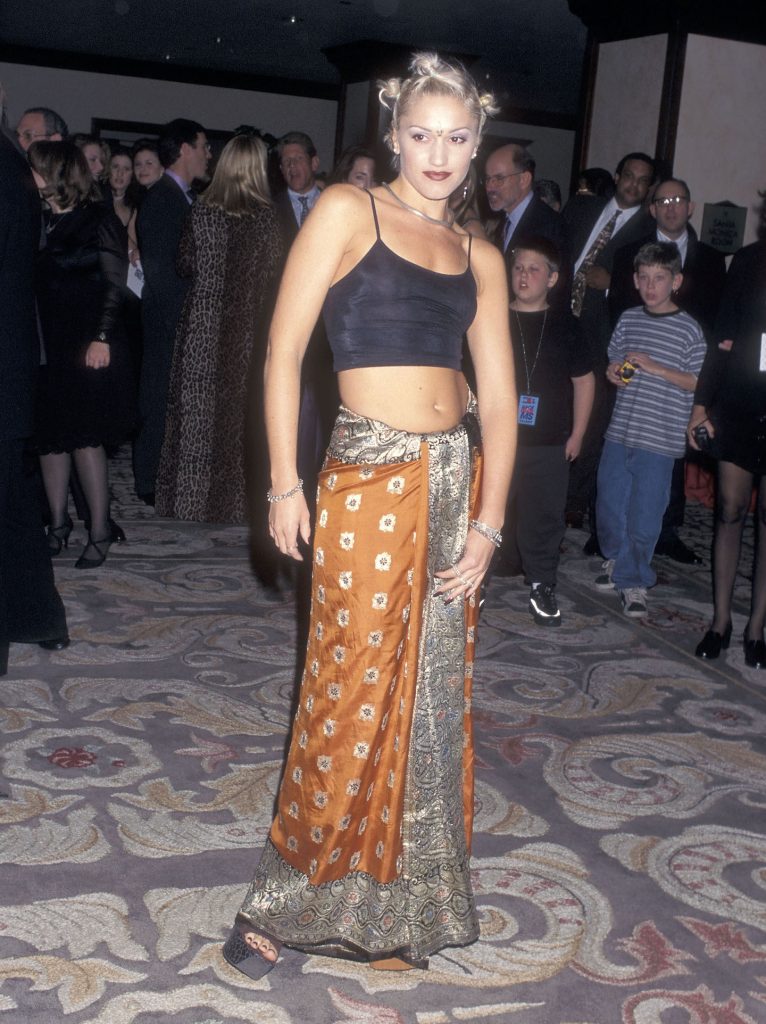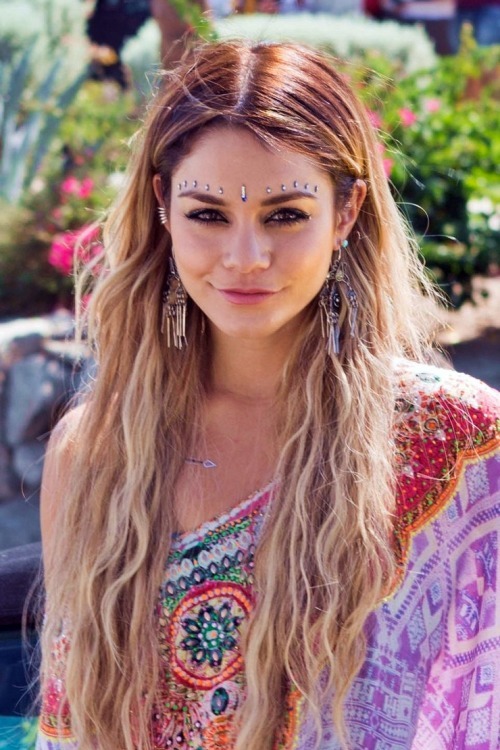My mother taught me to share. You get a piece of cake, give half to your sister. You think of a funny joke, tell it to everyone you meet. But sometimes, the person you tell turns around and says the joke a little louder and gets all the laughs. This makes us feel bad, but why? Maybe because that person is profiting off something you created, earning social capital without crediting you as the source of the joke. There have been a million lawsuits filed on behalf of disgruntled creators and innovators that speak to this frustration we share over having someone else get the credit for the things we made. But how do I sue on the behalf of an entire culture? Who do I even sue? Ideas don’t just exist in a vacuum, they are tied to human experiences of culture, race, and heritage. Sometimes only those that had to navigate this world as a member of a particular group can claim ownership of certain ideas, practices, or traditions because they are inextricably tied to that experience.

Do I sue the artisanal shop selling “golden milk”, the yoga store in the strip mall promising to align your chakras, or the overpriced boho shop selling Ganesha headbands and incense sticks? Maybe I’ll orchestrate a public takedown of the director of “Eat Pray Love” for cementing the trope of white women running away to India to discover themselves. Every time I see a buddha statue perched near discount Juul pods, I get riled up on behalf of my motherland but then I take a step back and ask myself, why? Indians may have discovered the healing properties of turmeric, but that doesn’t mean we own it. Of course there’s a difference between white girls wearing bindis at Coachella and a hipster selling turmeric-infused milk for a 300% markup but both seem to upset me and I couldn’t understand why. The former is easy to identify as an example of blatant cultural appropriation, like white people wearing Native American headdresses, just another example of overprivileged and undereducated individuals taking aspects of a culture they don’t belong to without respect for it.
Marginalized groups across the world go through specific experiences that cannot be understood the same way by those not in that group. Moreover, individuals from those groups, such as people of color in America, often face negative repercussions for expressing their culture, so when white Americans appropriate aspects of those cultures it comes across as flaunting white privilege rather than “appreciation”. Growing up in a predominantly white community, I spent years feeling ashamed about my heritage. I was forced to assimilate through a combination of explicit racism and a continuous stream of microaggressions that shaped my young, insecure self-image. When my mom packed me Indian food for lunch in elementary school it only took two days of “ew what’s that smell” before I refused to eat anything but bland spaghetti. Indians that have immigrated to the US are labeled as the “model minority” because of their relative economic success in this country. This may seem like a good stereotype but it is actually incredibly destructive because it conveniently erases the many very real struggles Indians face in this country. Indians may be succeeding economically but how many Indians, or even Asians, do you see in positions of power in the government? It is important to remember that we still suffer from the many social consequences of being a minority in this country. So, when I see WashU kids lined up in BD for Tikka Tuesdays I feel resentment bubbling up in the very back corner of my mind.
To understand the root of some of this resentment we need to learn a bit about Indian history because the “colonizer” narrative has played a big role in constructing an image of India as a helpless primitive culture. Years of British imperialism tore my country apart. Americans think of India as “conservative” and “backwards” but this could not be further from the truth. Before colonization women didn’t wear blouses or petticoats under their saris because there was no shame around the female body. Hinduism has male, female, and a variety of gender non-conforming representations of its gods and transgender people were revered as godly. Moreover, homosexual love and sex are well documented and normalized in historic texts (and let’s not forget the Kama Sutra). India recently made the news for overturning its same-sex ban and the headlines conveniently left out the fact that it only came into effect when Britain took over India. The West brought its close mindedness, brutality, and greed to my country. Now they look down upon India as a “developing” country which they describe in slyly derogatory terms like “authentic” and “traditional”. It angers me that India, the second most populous country in the world, has been reduced to one thing in the American mind and media.
India is not some idealized space for white people to run to when their “normal”, “modern” lives get too overwhelming. India is a real country with real problems. It is currently being led to the brink of civil war by a man trying to weaponize Hinduism (I will probably be blacklisted by every Hindu I know for writing this), it has rising obesity rates thanks to its love of McDonalds, and it has a long way to go with regards to women’s safety. It also has an incredibly rich history and amazing religious philosophies. I think everyone should read the Bhagavad Gita, meditate, practice mindfulness, experience the wonders of masala, and have their lives enriched by Vedic teachings. Go ahead and stay in an ashram, practice your asanas, and burn some incense. Feel free to enjoy chicken tikka masala, naan, and the many multitudes of delicious Indian dishes but as you do, teach your children about different cuisines outside the world of Lunchables. But in order for all ideas to truly be free for all to use, we need to begin by breaking down the lines we have drawn to divide each other up into groups and classifications. Unless you are Indian, don’t wear a bindi. I only wear one to special functions and not in my everyday life because I fear that I will be treated differently. Until we create a world where a person’s heritage has no adverse impact on their lives, where people can see past skin color, religion, and dress, some ideas will always carry too much cultural baggage to be available to everyone. So stop using my gods as props to fill the empty space on your mantle and I’ll try to remember that sharing is caring.
Words Nisha Mani
Armour Magazine Season 24 — S/S 2020





